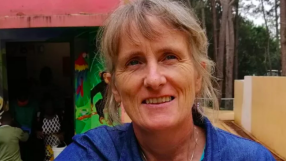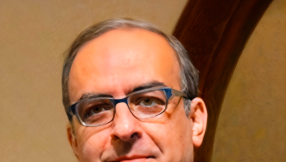
The Coalition for Marriage (C4M) has called for laws permitting gay marriage in the United Kingdom to be revisited, mirroring similar moves in the US.
Kim Davis, a former Kentucky county clerk who was briefly jailed in 2015 after refusing to issue a marriage licence to a gay couple, has reignited debate on the issue after launching a legal challenge to the Supreme Court’s Obergefell v Hodges decision.
That decision essentially declared gay marriage legal across the entire US, overturning bans in states like Davis’ own one of Kentucky. Davis claims that the decision was “egregiously wrong” and “legal fiction”.
In a similar vein to the overturning of Roe v Wade, Davis is seeking to make gay marriage, like abortion, an issue for the states rather than the federal government.
In the UK, the Coalition for Marriage has said it supports such moves, adding that in Britain the legalisation of gay marriage had no democratic mandate, being introduced by the Tories under David Cameron.
“Redefining marriage to include same-sex couples is like redefining the term square to include triangles," said C4M.
"It is a category error that has sown confusion and undermined the family. Marriage is more than a loving relationship. In the Church of England’s own canon law it is a lifelong union of one man and one woman 'for the procreation and nurture of children'."
The coalition went on to say that marriage is crucial to “child stability”, citing research suggesting that the majority of non-married cohabiting couples (60 per cent) separate by the time their child reaches 14 years of age. This figure drops significantly (21 per cent) among parents who marry before having their first child.
C4M said it wanted government recognition of marriage as the “unique, lifelong, exclusive union of one man and one woman”.
“That means starting with marriage-friendly tax and benefits. It means education guidance that celebrates mothers and fathers. It also means stronger protections for freedom of speech and belief, so supporters of real marriage are not penalised at work or in public life," it said.













